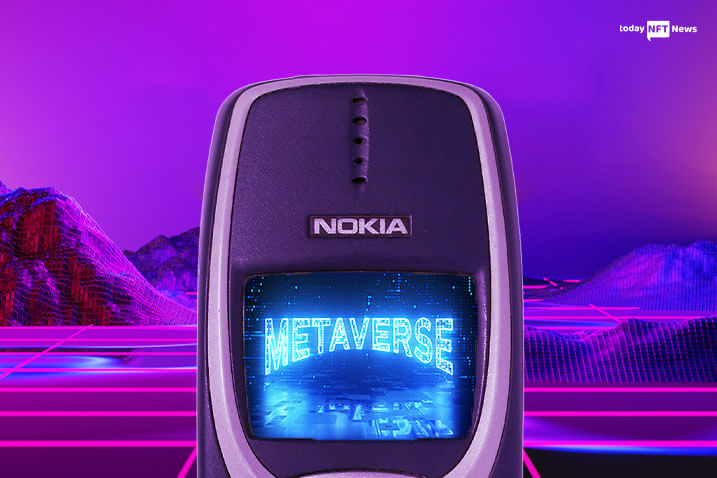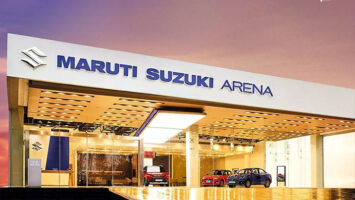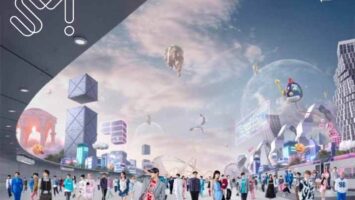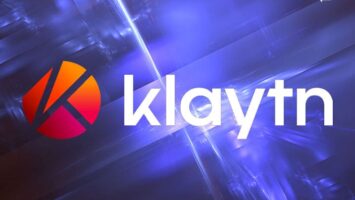SNEAK PEEK
- Nokia, a provider of telecom infrastructure, has been looking for ways to use the metaverse.
- Joyce claims that Nokia began collaborating with an Australian university to create a 5G-connected microbrewery using metaverse technology last year.
- Nokia reportedly set up two labs last year to carefully explore the Metaverse and the underlying technologies, according to Robert Joyce.
The telecoms infrastructure company Nokia has been searching for methods to leverage the metaverse to help workers in faraway areas, from beer breweries on opposite sides of the world to aviation technicians in remote airports.
Many people are familiar with Nokia as a maker of consumer mobile handsets, but it has subsequently changed its focus to creating tools and technology that “delivers the internet.” One of those initiatives, according to Robert Joyce, a chief technological officer of Nokia Oceania, also includes delivering the metaverse.
According to Joyce, Nokia started working with an Australian university last year to build a 5G-connected microbrewery using metaverse technology.
Academics from a brewery technology lab at the University of Technology Sydney have been collaborating with researchers from a twin facility at Dortmund University in Germany using augmented reality (AR).
According to Robert Joyce, Nokia established two labs last year to thoroughly examine the Metaverse and the underlying technology. They do joint experiments in which they brew beer and alter the procedure, the temperature, the timings, the volumes, the recipes, etc.
They then input this information back into the digital twin of the brewing process. So they can perfect the beer in the virtual world, and they can then imitate brewing in the digital counterpart, he added.
Joyce reported that Nokia has been exploiting the metaverse in South Australia to maybe help Cessna aircraft technicians at outlying airports. The World Economic Forum (WEF) heard from Nokia Global Chief Strategy and Technology Officer Nishant Batra earlier this month, who said that rather than the consumer market, the metaverse will have the most direct influence on sectors.
No matter how deeply buried in stacks a container may be, ports are now employing digital twins to trace every one of them. Long before they construct an aircraft’s first mechanical element, aerospace companies are developing engines and fuselages in the digital world to mimic exactly how an aircraft will fly, according to Batra in a WEF op-ed published on January 13.









